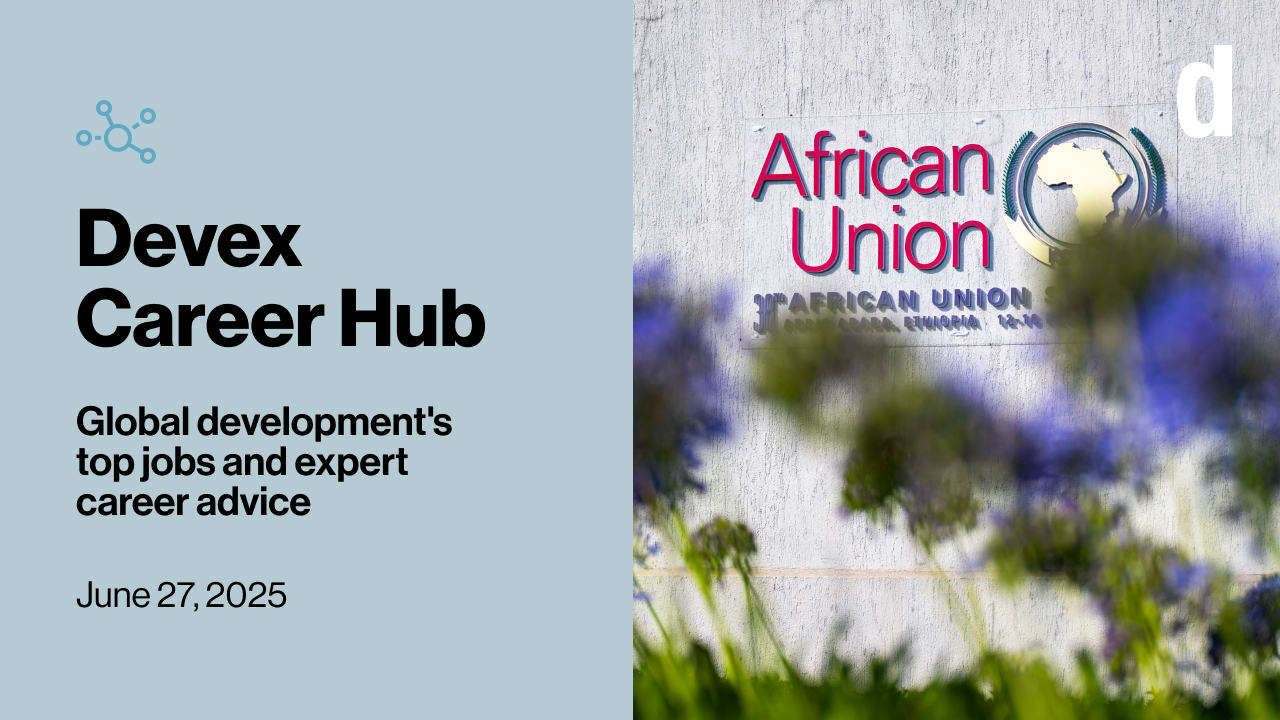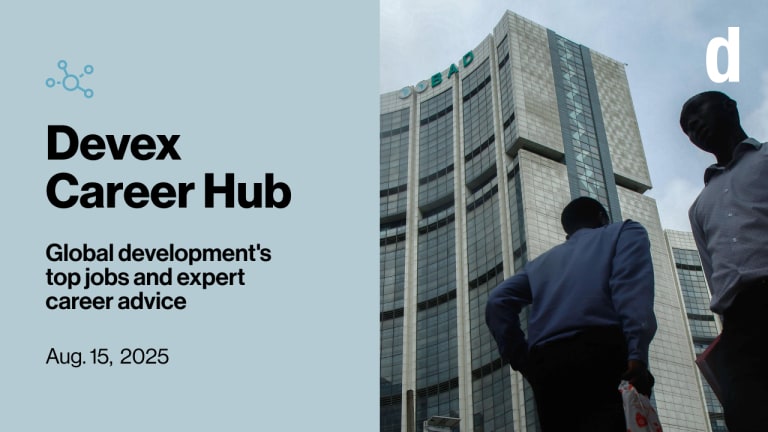The idea of a consulting career in global development appeals to many professionals, presenting enticing pathways at different junctures of their careers. The adaptable nature of consultancy assignments can help workers take more control of their careers — creating a work-life balance that carves out space for additional learning endeavors and personal passions, and opening up more space for managing familial commitments.
But this is only possible if you know how to manage your commitments and other common challenges that consultants face, from maintaining a steady stream of income to knowing how to navigate different organizational cultures and recruitment processes.
Having to “look for consulting [work] continuously” can bring with it a “lack of stability when you think of your own financial situation and your own revenue and your own bills that you have to pay. There's not that stability you would have if you were in a traditional 9-to-5 [job],” said Nicole Hosein, a veteran development consultant currently with UN Women, during the final event of our three-part Globaldev Consulting Skills series focused on how to cultivate a successful and happy consulting career.
This article is exclusively for Career Account members.
Unlock this article now with a 15-day free trial of a Devex Career Account. With a Career Account subscription you will get:
- Full access to our jobs board, including over 1,000 exclusive jobs
- Your Devex profile highlighted in recruiter search results
- Connections to recruiters and industry experts through online and live Devex events








